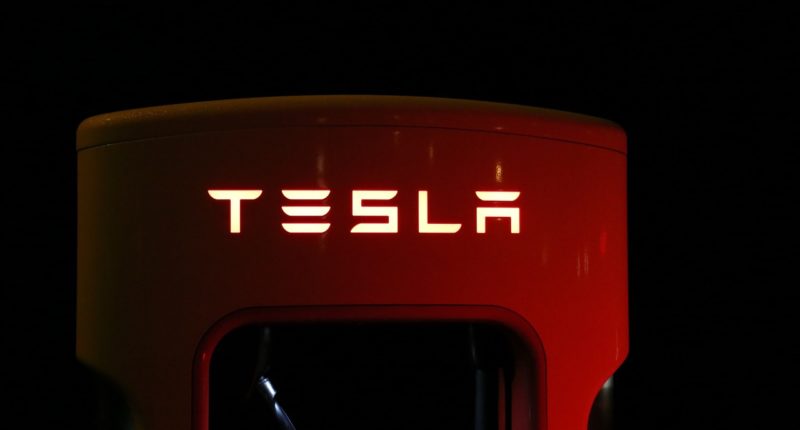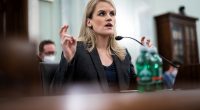A San Francisco federal court has decided that Tesla will have to pay $137 million in damages to a former black worker, who had accused the company of not doing anything about the discrimination and racial abuse he had been subjected to at the company’s plant in Fremont.
Owen Diaz’s tenure as a contractor at the plant between June 2015 and May 2016 witnessed the man be subject to racial slurs, graffiti, and cartoons, while the supervisors turned a blind eye. Diaz alleged that he had been facing discrimination from the “Jim Crow era” and the lawsuit added that “Tesla’s progressive image was a façade papering over its regressive, demeaning treatment of African-American employees.” This resulted in many sleepless nights for Diaz and caused him to suffer weight loss.
The amount of $137 million ($130 million in punitive damages and $6.9 million for emotional distress) is one of the largest in an individual race discrimination employment case – in fact, it is the largest verdict in individual race discrimination in an employment case, David Oppenheimer, a clinical professor of law at Berkeley Law, told Bloomberg.
Another thing about this case is that Diaz refused to sign any of Tesla’s mandatory arbitration agreements, which is one of the greatest reasons why the case actually moved forward. Mandatory arbitration is a technique used so that the aggrieved party settles the dispute behind closed doors (through an arbitration process) rather than going to a trial.
It is sad to see that instances of discrimination are happening today even as the world has progressed a lot, but more so since it is associated with Tesla, which is undoubtedly one of the biggest names in the EV sector. This is not the first instance of Tesla facing allegations of racial discrimination either – the company had reportedly paid $1 million as the result of an arbitration agreement to another former worker, Melvin Berry, who also endured a racist, hostile workplace at Tesla. The company is also facing a class-action lawsuit in California.
“It’s a great thing when one of the richest corporations in America has to have a reckoning of the abhorrent conditions at its factory for Black people,” said Lawrence Organ, the lawyer for Diaz.
In an email, which was later published as a blog post, Tesla VP of People Valerie Capers Workman said that Tesla had been responsive to the three times Diaz had complained about harassment, firing two contractors and suspending another, and Diaz had testified that he was “very satisfied” with the results of one of the investigations, and agreed that there was a follow-up on each of his complaints.
The Tech Portal is published by Blue Box Media Private Limited. Our investors have no influence over our reporting. Read our full Ownership and Funding Disclosure →






